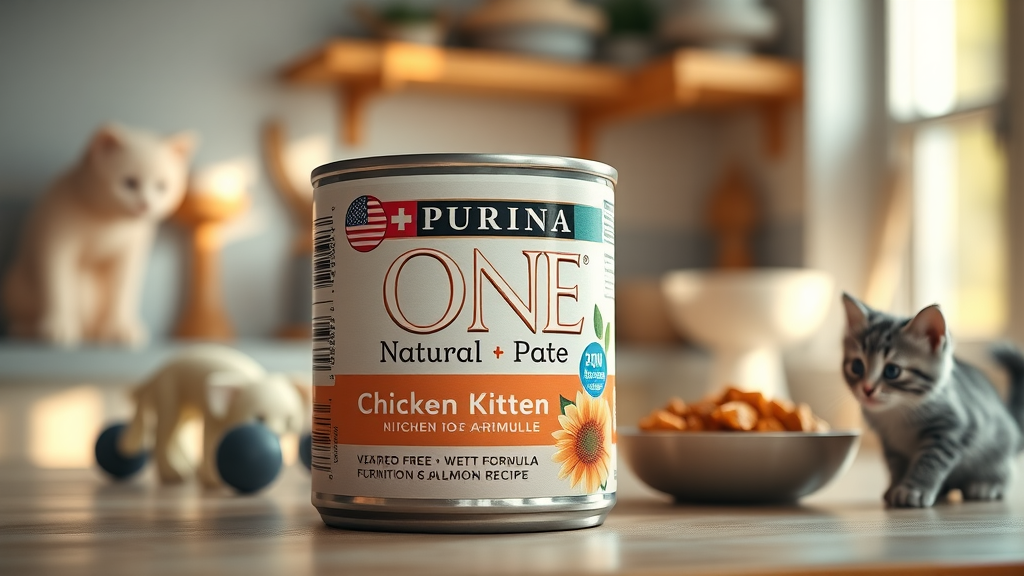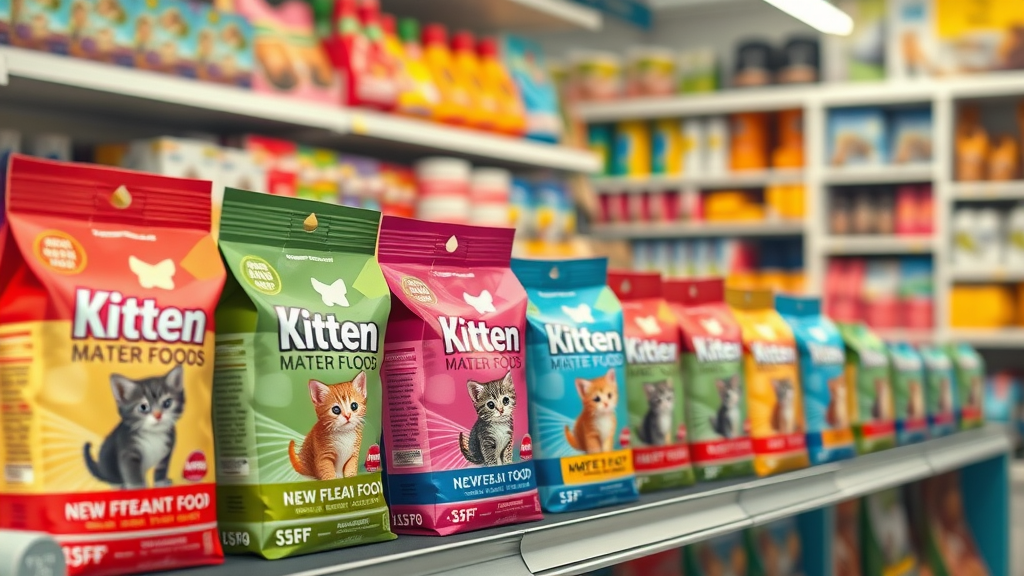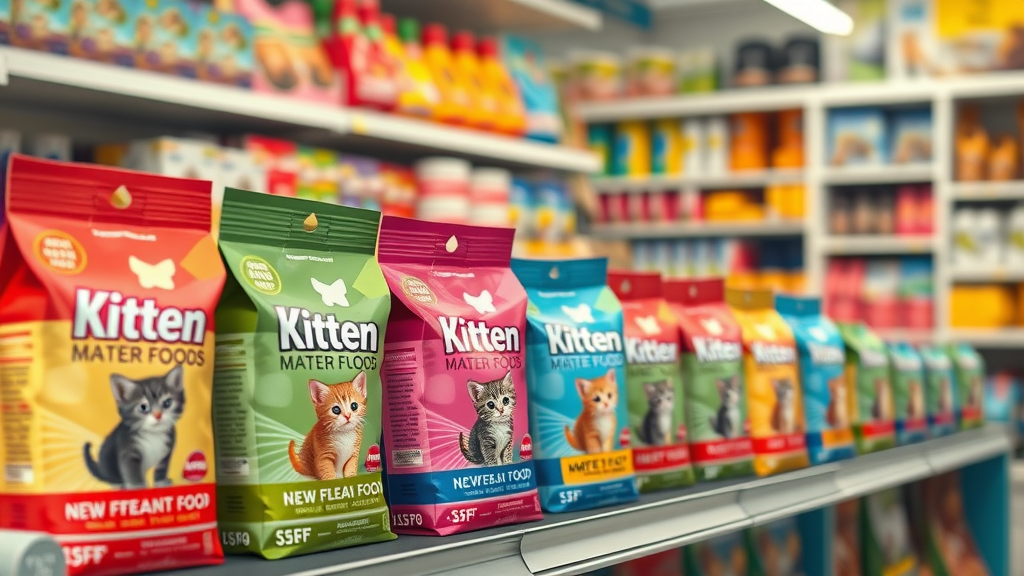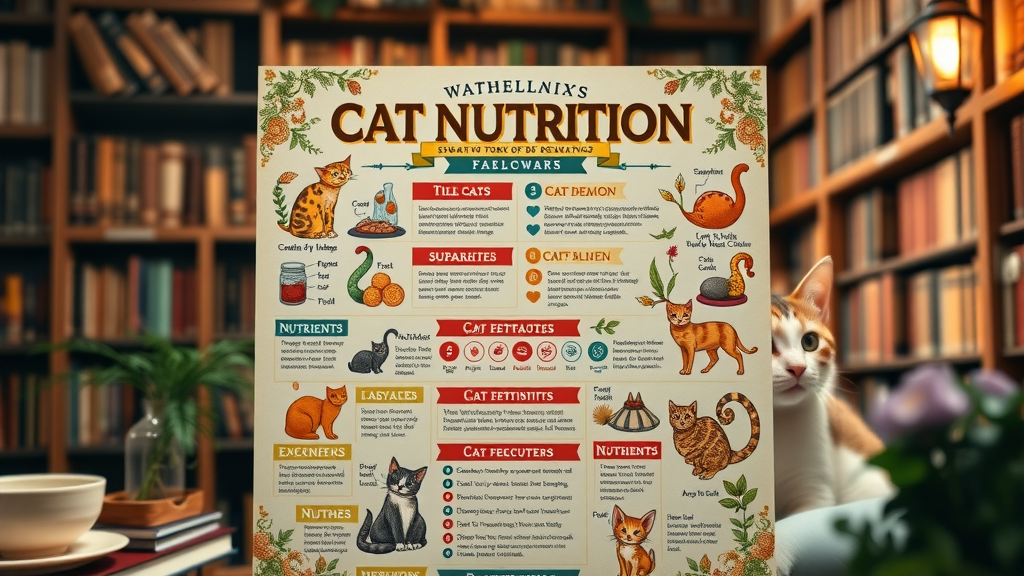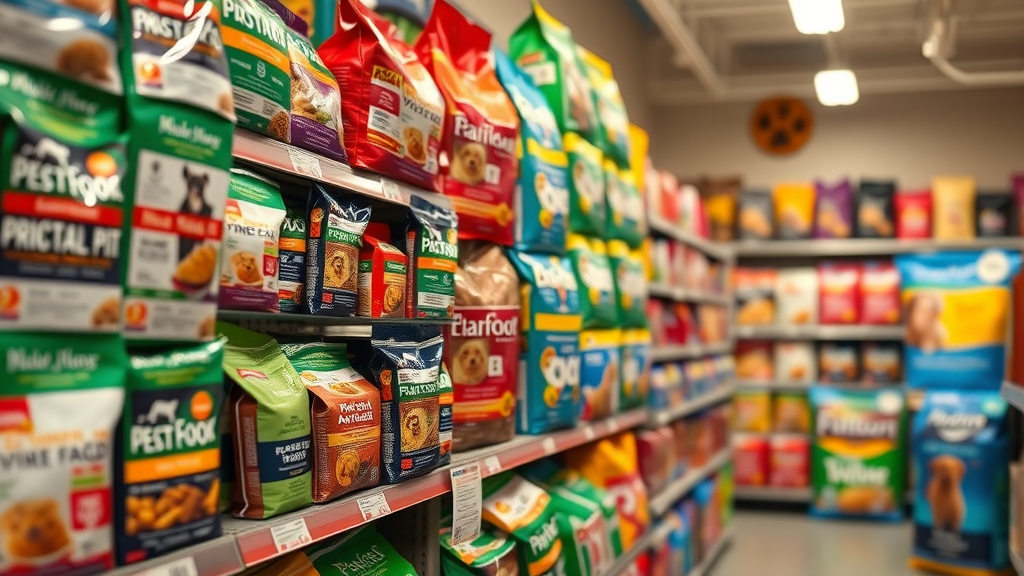“Choosing the best wet cat food for kittens is crucial for their growth and development, and experts emphasize the importance of high-quality nutrition.”

Understanding the Importance of Wet Cat Food for Kittens
Nutritional Benefits of Wet Cat Food for Kittens
Wet cat food provides vital hydration and nutrition essential for kittens at a developmental stage. **Wet cat food** is infused with water content that ensures kittens stay hydrated, supporting their urinary tract and reducing potential health issues. Moreover, it often contains higher levels of **animal proteins** and amino acids, facilitating muscle growth and energy essential for active kittens.
Comparing Wet vs Dry Cat Food for Kittens
When comparing **wet vs dry cat food** for kittens, each has its merits. While **dry food** is convenient and aids in dental health, **wet food** like **canned cat food** offers enriched water content, valuable for digestion and nutrient absorption. Wet food also tends to have fewer carbohydrates, which is ideal for the dietary needs of a growing feline.

What You’ll Learn About the Best Wet Cat Food for Kittens
- Key ingredients that benefit kitten growth
- How to identify high-quality wet cat food
- Top recommended brands by veterinarians
- Tips from pet experts on feeding kittens

Top 10 Best Wet Cat Foods for Kittens
1. Hill’s Science Diet Kitten Tender Chicken Recipe
This **chicken recipe** from **Hill’s Science Diet** supports **healthy development** with its robust nutrients including DHA from fish oil, promoting brain and eye growth.
2. Wellness CORE Tiny Tasters Kitten Chicken
**Wellness CORE** offers a **grain-free** canned kitten option, prioritizing **animal protein**, essential for muscle maintenance and development.
3. Royal Canin Feline Health Nutrition
**Royal Canin** specializes in balanced nutrition with recipes that cater specifically to kitten health, making sure they achieve **complete health** standards demanded by vets.
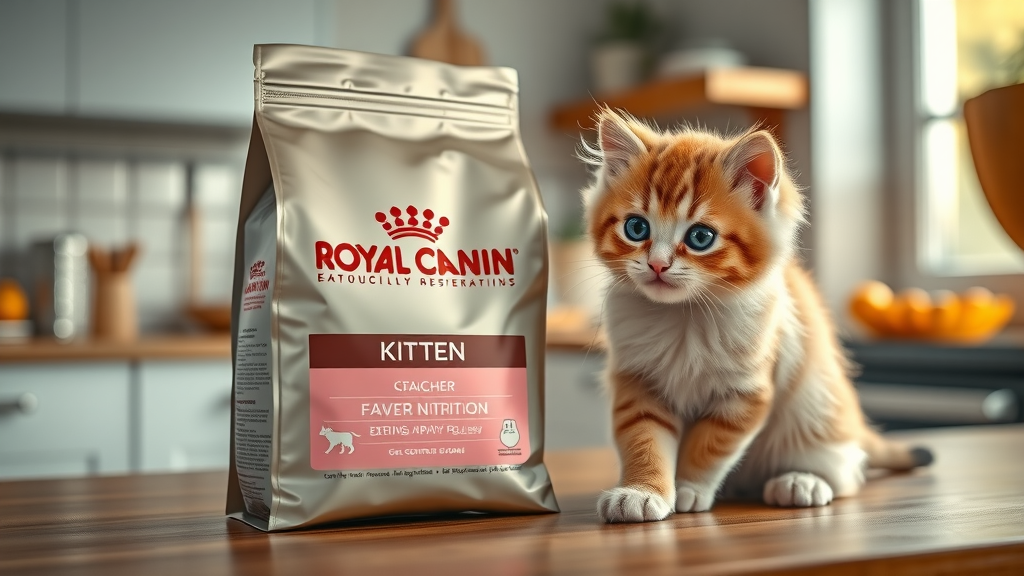
4. Fancy Feast Kitten Classic Pate
**Fancy Feast’s Classic Pate** is beloved for its palatability and nutrient-rich profiles, perfect for **supporting growth** during the crucial early months.
5. Purina Pro Plan Focus Kitten Variety Pack
The **Purina Pro Plan** offers variety in flavors, enriched with essential vitamins and nutrients that ensure **kitten food** is both healthy and enjoyable.
6. Blue Buffalo Wilderness Pate Kitten Variety Pack
**Blue Buffalo’s Wilderness** caters to **kitten chicken formula** requirements, using **real chicken** and avoiding artificial additives for a natural taste.
7. Iams Perfect Portions Healthy Kitten
Ready-portioned **Iams Healthy Kitten** meals pack enhanced flavors and balanced nutrition, promoting **immune health** and body development.

8. Sheba Perfect Portions Kitten Variety Pack
**Sheba’s variety pack** delights with its balanced recipes that offer kittens essential nutrients like crude protein and omega-3 fatty acids.
9. Wellness Complete Health Chicken Entree Smooth Loaf
The **Smooth Loaf** variant by **Wellness Complete Health** aids **brain development** with a smooth texture that is easier for kittens to consume and digest.
10. Nulo Freestyle Cat & Kitten Turkey & Duck
**Nulo Freestyle’s Turkey & Duck** formulation supports **a balanced diet** with high inclusions of **animal proteins** providing robust nutrition for kittens.
Expert Reviews: Why These Brands Stand Out
“These wet cat foods for kittens have been handpicked based on quality, nutrition, and expert vet recommendations.”
| Brand | Nutritional Quality | Variety |
|---|---|---|
| Hill’s Science Diet | High | Yes |
| Wellness CORE | Medium | No |
| Royal Canin | High | Yes |
People Also Ask: Answering Common Questions
What is the highest rated kitten wet food?
The **highest rated kitten wet food** often includes brands like **Royal Canin** and **Purina Pro Plan** due to their balanced and nutrient-rich formulas.
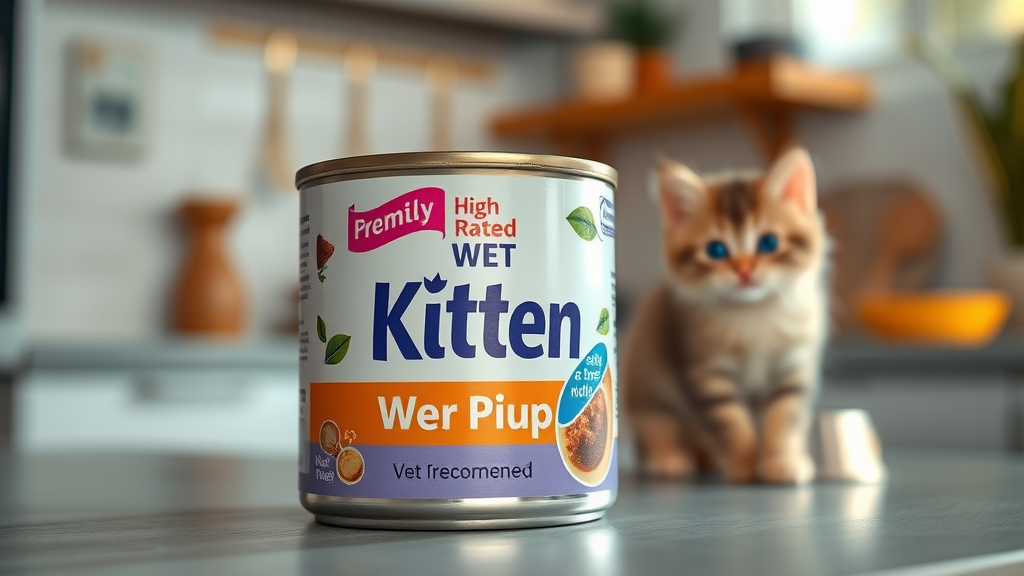
What is the best kitten food recommended by vets?
**Veterinarians** commonly recommend brands like **Hill’s Science Diet** and **Royal Canin** due to their comprehensive and scientifically-formulated recipes.
What is the best vet recommended wet cat food?
The **best vet recommended wet cat food** often consists of mixes offering **wet and dry** components, such as **Wellness Complete Health**.
Which brand of cat food is best for kittens?
Brands like **Fancy Feast** and **Blue Buffalo** are recommended for dry and wet cat food balances, supporting kittens through several **life stages**.
Key Takeaways for Choosing the Best Wet Cat Food
- Prioritize nutritional value over brand popularity
- Seek advice from veterinarians for tailored recommendations
- Opt for variety to keep your kitten engaged
Conclusion: Making Informed Choices for Your Kitten’s Diet
“Feeding your kitten the right wet cat food sets a foundation for their lifelong health and vitality.”
How to Purchase the Right Wet Cat Food for Your Kitten
- Check labels for essential nutrients
- Compare prices while considering quality
- Consult with pet care experts for personalized suggestions







